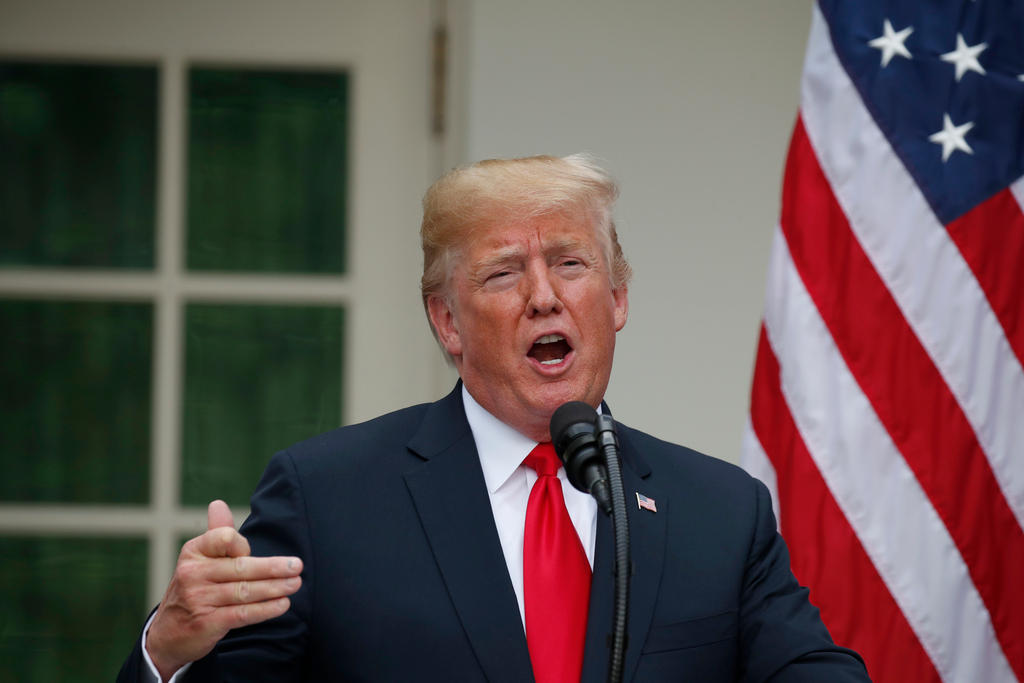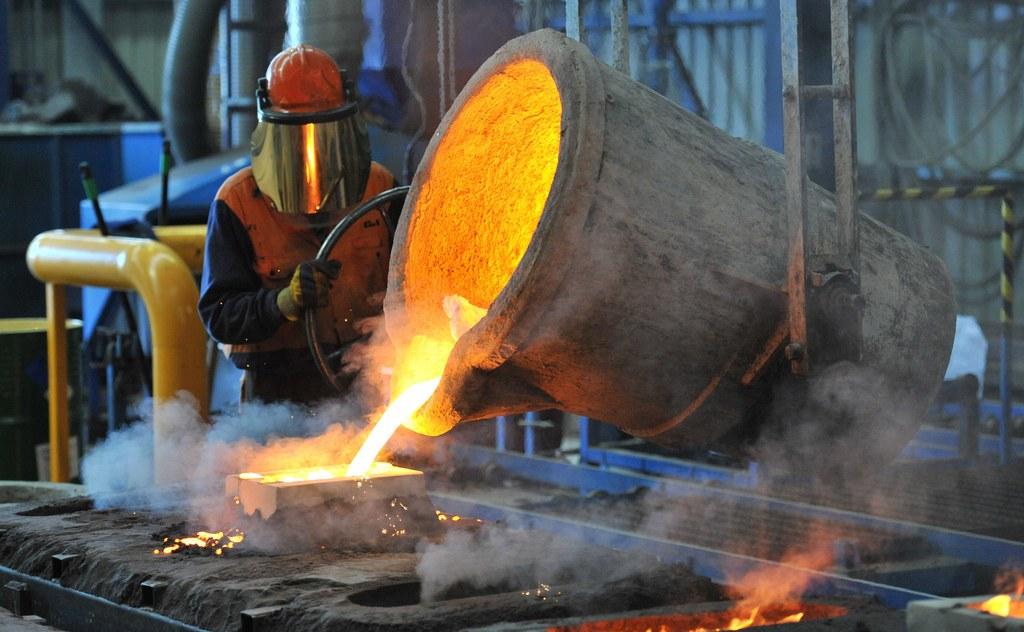Delicate dance between Swiss multinationals and Trump

You asked. We answered. swissinfo.ch reader Rob Benz asked us what multinational companies in Switzerland think of Trump. The answer: it’s complicated. Swiss companies are uncomfortable with US President Trump’s brash style, but they aren’t so quick to dismiss his policy aims, especially on trade.
In 2016, swissinfo.ch reported that the election of Donald Trump and his protectionist rhetoric caused some unease among Swiss companies. Martin Naville, chief executive of the Swiss-American Chamber of Commerce, told swissinfo.ch at the time, “the election result is certainly not good news for Swiss business…If the US starts to adopt a protectionist trade strategy, Switzerland would certainly feel the knock-on effects and suffer damage”.
Fast forward two years and much of Trump’s rhetoric has become reality. The Trans-Pacific Partnership is defunct, the US trade dispute with China is escalating by the month, and negotiations on the North American Free Trade Agreement is pitting long-standing allies against each other.
This all puts Switzerland in a delicate position. The US is Switzerland’s second largest trading partnerExternal link after the EU, and the country is highly dependent on a well-functioning trade system. CNN MoneyExternal link reports that exports and imports represent 120% of the Swiss GDP compared to 37% for China and 27% for the US.
Beyond provocations
When asked about Trump today, Naville told swissinfo.ch, “Opinions are mixed. It is important to distinguish between three factors: style, tactics, and direction of the overall strategy. The general view here is that Trump’s style is unacceptable, but this is not the real issue. The media gets worked up about his provocations and the way he creates confusion.”
Naville says that companies in Switzerland seem to understand what Trump is trying to achieve on trade. “He wants to equalise trade. It isn’t fair that China wants to play in the free market but blocks technology companies from entering its market. It doesn’t make sense that the US pays 72% of the NATO budget. Companies understand that Trump is trying to make the system fairer.”
The tactics Trump uses are up for debate though. Some Swiss companies are feeling the effects of recent steel and aluminium tariffs, and there is clear unease about how the latest sanctions against Iran and Russia will impact Swiss companies. Naville asserts that time will tell how well Trump’s tactics work.
Despite Swiss government attempts to assuage company fears about negative consequences of US-imposed sanctions, some Swiss companies are already responding. Credit Suisse bank froze some CHF5 billion ($5 billion) of assets linked to Russia earlier this year in an effort to toe the line with US sanctions levied against Moscow. Major Swiss companies are reportedly preparing to withdraw from Iran following US sanctions. There are reports that jitters over US sanctions is causing Swiss company Stadler Rail to pull out of a major deal to sell 1,000 underground train carriages to Iran.
Friends or foes?
It’s clear that Switzerland is walking a tightrope.
To one side, strong ties with the Trump White House could ensure that Switzerland doesn’t get left behind in any trade deals. As the EU negotiates a zero-zero trade agreement, there are renewed calls for a free-trade agreement External linkbetween the US and Switzerland. Swiss companies are responsible for 500,000 jobs in the US giving Switzerland some leverage to negotiate.
On the other side, Switzerland could take a strong stance against any actions that could damage Swiss business interests. In July, Swiss State Secretariat for Economic Affairs (SECO) initiated a dispute settlement procedure with the World Trade Organization (WTO) against US steel and aluminium import tariffs.
Swiss companies don’t tend to make political statements and for now, the trade actions have not had a significant impact on major Swiss industries. However, reactions may be different if any measures are taken to restrict Swiss pharmaceutical exportsExternal link, 20% of which are destined for the US.

In compliance with the JTI standards
More: SWI swissinfo.ch certified by the Journalism Trust Initiative





You can find an overview of ongoing debates with our journalists here . Please join us!
If you want to start a conversation about a topic raised in this article or want to report factual errors, email us at english@swissinfo.ch.